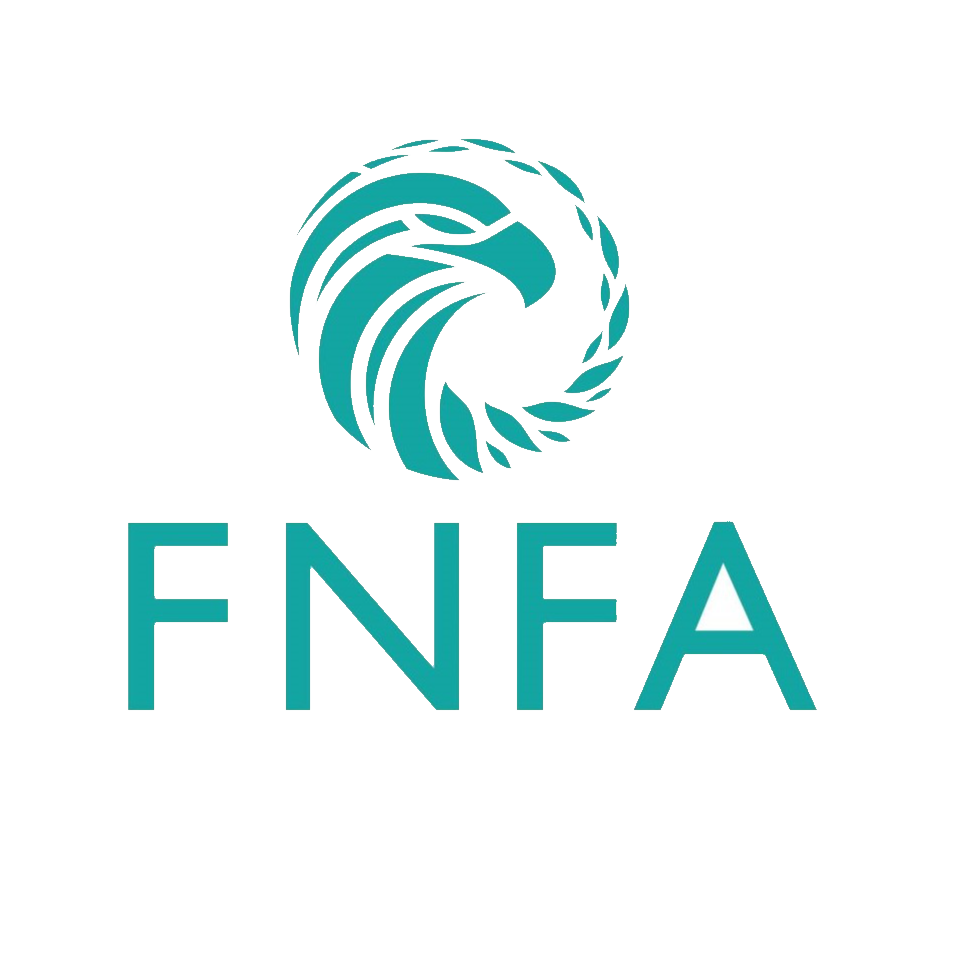- WELCOME TO THE FNTC
The First Nations Tax Commission (the FNTC) is a shared governance First Nation institution established under the First Nations Fiscal Management Act (the FMA). The FNTC regulates, supports and advances First Nation Taxation under the FMA and under section 83 of the Indian Act. It reviews and approves local revenue laws, builds capacity, reconciles First Nation government and taxpayer interests, and provides research, advocacy and services to advance First Nation jurisdiction.
The FNTC believes First Nations are governments within the Canadian federation, that jurisdiction defines governments, and that tax revenues enable jurisdiction. The assumption of tax jurisdiction by First Nations must be First Nation-led, optional, and supported by national First Nation institutions.
The FNTC is working to fill the institutional vacuum that has prevented First Nations from participating in the market economy and creating a national regulatory framework for First Nation tax systems that meets or exceeds the standards of provincial governments. Through the development of a competitive First Nation investment climate, economic growth can be a catalyst for First Nation self-reliance.

FNTC MISSION:
Assist First Nation governments to build and maintain fair and efficient property tax regimes, and to ensure those First Nation communities, and their taxpayers, receive the maximum benefit from those systems.
“Let me be clear: When I talk about a fiscal relationship, I’m talking about more than just a system of government grants. I’m talking about a fiscal relationship in the same sense that federal and provincial governments do. It is the arrangements by which governments assign tax room to one another and sort out who pays for what service.
The fiscal relationship I am talking about allows First Nations to take greater control over their revenues. It gives them a better stake in the success of their regions. It allows them to take responsibility. In fact, it is consistent with best practices for government that have been established all over the world. And I would add one more thing: It establishes a true nation-to-nation framework.”
FISCAL MANAGEMENT ACT
The FMA provides legal authority and an administrative framework for First Nation governments to collect property tax and other fiscal governance tools.
INDIAN ACT & SECTION 83
Under SECTION 83 of the Indian Act, a First Nation may make by-laws for taxation of land or interests in land on a reserve.













